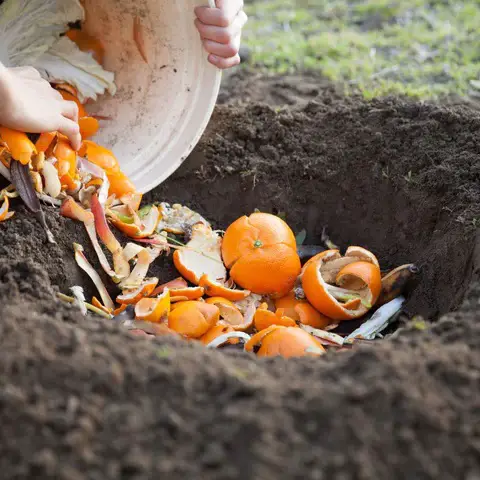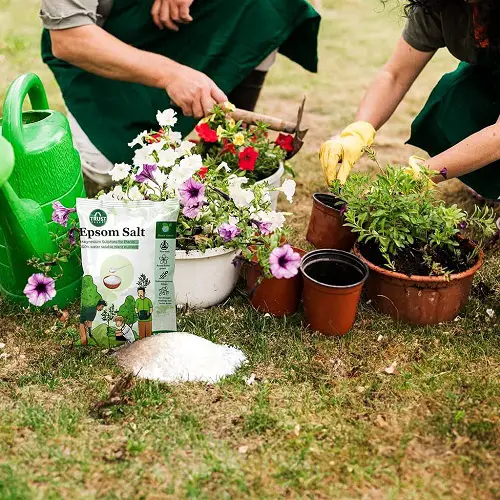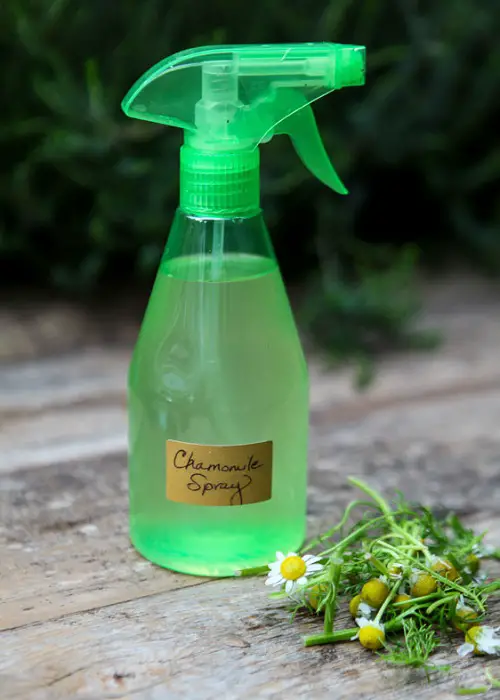Gardening has always been a mix of subtle superstitions. We’ve got some Gardener’s Old Wives Tales that Really Work wonders!
For many generations, gardeners and groundskeepers have held on to the idea that plants can grow up faster if you whisper or talk to them. Meanwhile, the old wives’ tale contains many weird garden tales that are worth exploring!
Gardener’s Old Wives Tales that Really Work
1. Use Own Urine to Fertilize Plants
Urine is rich in nitrogen, and that’s no secret. Though the urine’s composition is not the same for every person, it usually has an 11:1:2 (NPK) ratio.
So, the nitrogen in human urine can cause the foliage to grow lush and abundant. However, remember not to apply direct urine to the plants as the high salt content can burn them. It is best to dilute it with water in 1:10 ratio before applying it to the roots.
2. Young Trees should be Staked
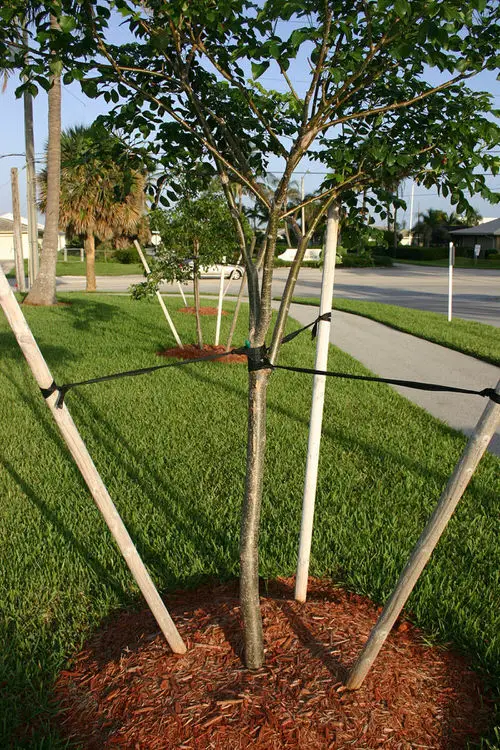
This old wives’ tale is similar to how germophobic parent keeps their tiny children off public transport. Though nobody wants the children to be licking their seats, a little exposure to dust and dirt can help develop their immune systems. So, it is believed the same for the tree.
The belief is that if you tie up the roots and the trunks of the plants together to benefit them. It can also keep them from any harm from strong winds and heavy rains.
3. Moss is a Plague Upon Your Garden
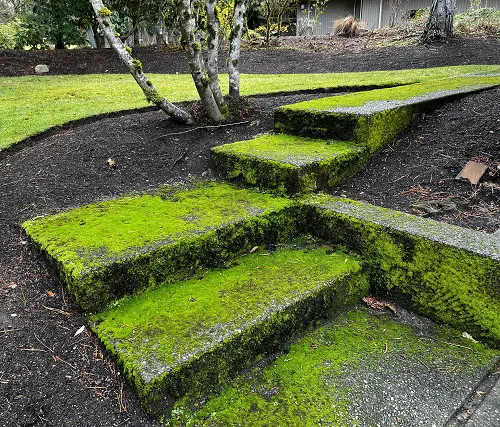
Moss, as you know, has no vertical growth and roots, and they cannot compete with the other plants in the garden either below or above the ground. It loves to grow on moist soil with bare footfall.
However, the growing moss can make your landscape look upsetting, and also, there is a bit of a danger that you may slip on the moss yourself.
4. Bury Kitchen Waste in the Garden
You can put kitchen waste in the garden for an organic blend.
Make a 1-1.5 feet long ditch between the rows of crops in your garden. Start dumping your kitchen waste (fruits, veggies, eggshells and meat leftovers) from one end of the trench.
Cover up the ditch with soil to avoid any fly trouble or foul odor. Plants can benefit from the waste products from your kitchen and get a boost for growth.
5. Adjust pH Value with Coffee Grounds & Wood Ash
When you have a wide variety of plants growing in your garden simultaneously side by side, their pH value requirements may change.
Wood ash collected after burning wood in the fireplaces and wood stoves can make your soil more alkaline. It can help the vegetable beds grow cauliflower, beets, asparagus, tomatoes, beans, and potatoes.
You can even use coffee grounds to boost the growth of ericaceous plants such as rhododendrons, azaleas, and roses.
6. Use Vinegar as Weed Killer
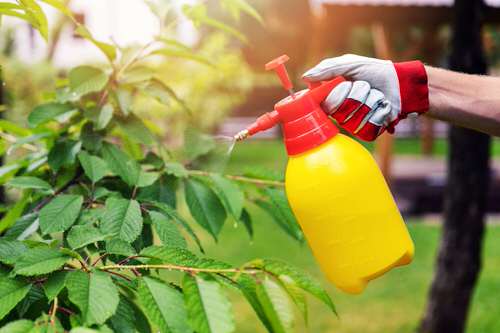
Usually, organic gardeners do not love using herbicides in their gardens. However, they may get worried when the patch of good beds starts getting run over by pesky weeds.
Vinegar is an eco-friendly alternative to chemical weed killer. So, you can pour vinegar and water in a 1:4 ratio into a spray bottle and drench the weeds with this solution.
Later on, water the area thoroughly to get rid of any acidity. You can even sprinkle some baking soda directly onto the soil to neutralize it.
7. Use Weed Tea as a Fertilizer
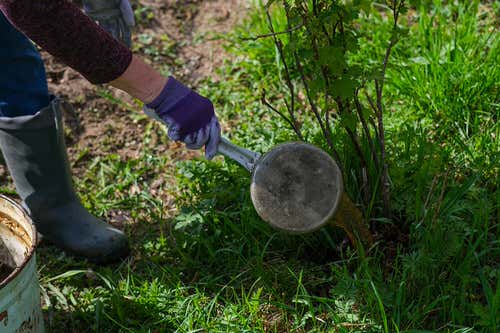
Many old wives’ tales speak of how you can use weed tea as fertilizer and even for herbal remedies. Isn’t it ironic that the same weed that robs your plants of essential nutrients can also act as a fertilizer?
Pull out the weeds and soak them in a tub of water. Place the tub under direct sunlight and leave it for at least 4-6 days. Soon, your green tea rich in nitrogen will be ready for use as a foliar spray or soil fertilizer.
8. Bury Pennies in Garden and Pots
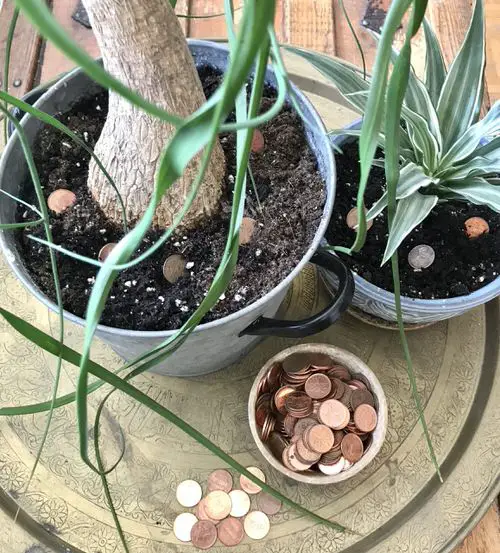
It is not like burying any treasures in the garden, but if you choose to bury a few coins here and there, it can help the soil stay healthy.
Also, make it safe for plants to get attacked by fungal infections. However, note that not all coins are efficient, but the ones that contain copper.
Copper is an effective fungicide, and when you bury a coin, with time, the metal slowly dissolves in the soil and kills any fungal spores.
9. Play Music for Plants

Have you heard of talking to the plants that boost their overall growth and heal during infections and infestations? Many plant biologists believe that music has a positive impact on overall growth.
Additionally, it has been observed that plants like classical music more than country, and they do not like rock but love jazz. We have an article on it here.
10. Add Egg and Oyster Shells to Garden Beds
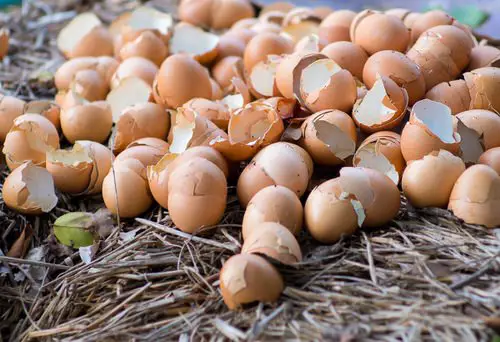
Crushed shells of eggs and oysters can make for excellent slow-release fertilizers. It can help in keeping your soil healthy and sweet. The calcium carbonate present in the shells makes the soil alkaline.
Lily of the Valley, Lavender, Ornamental clovers, Honeysuckle, Garlic, Spinach, Kale, Cauliflower, Pumpkin, and Tomato benefit the most from it. (2-3 eggshells per plant, once in 2-4 months)
11. Drive a Nail into a Tree to Force it to Yield
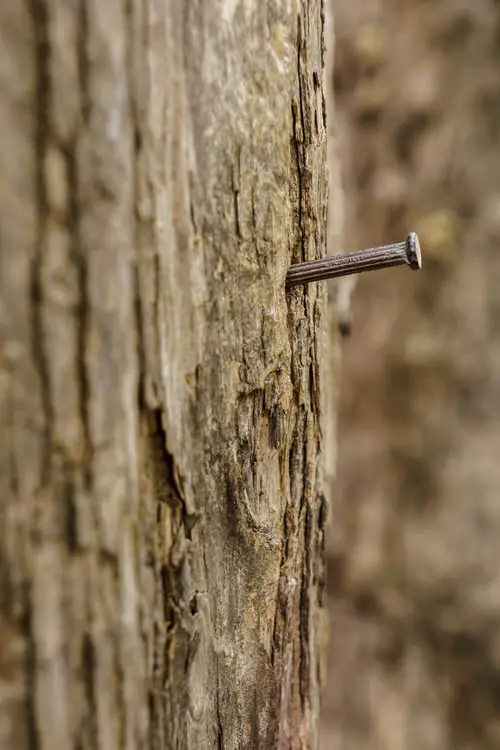
The age-old practice of hammering a nail into a tree’s trunk has consistently yielded positive results. It can jolt the tree into a fruit and flowering set.
Old apple trees that may have stopped bearing fruits or flowers can be forced into yielding by driving a nail into the trunk.
Typically, nails do not cause any harm to the trees. It is common in South India with coconut trees to coax them into producing fruits. So, if you have a tree that refuses to yield, you can consider trying this trick!
12. Baking Soda for Fungal Diseases
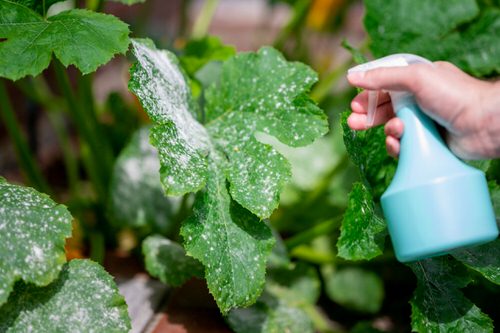
Baking soda can be used as a non-toxic anti-fungal spray and also does not add up to the cost of buying a fungicide.
Mix 3-4 tablespoons of it in a gallon of lukewarm water and pour it into a spray bottle. Spray on the affected area and repeat if the problem persists.
13. Add Rusty Nails to Fight Iron Deficiency
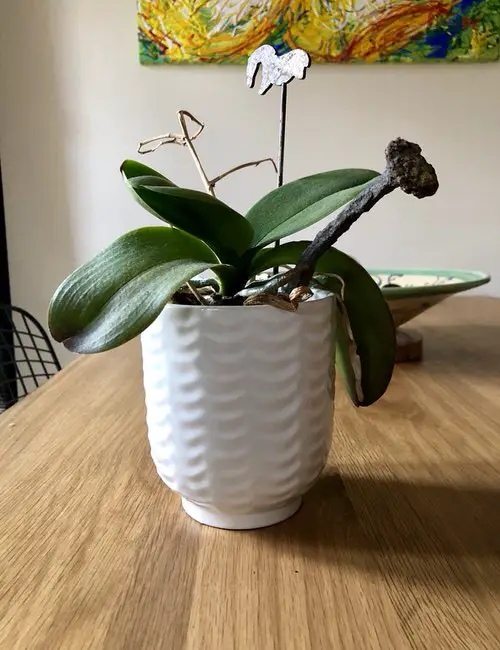
Every plant needs iron for growing, and any deficiency can cause a health condition called Chlorosis. Yellowing of leaves, while the veins remain green, can indicate this condition.
You can drop in a few rusty nails into the watering can and allow them to sit in the water overnight. Then, remove the nails and apply the water to your plants. It will be sufficient to make sure the iron supply is restored.
Additionally, you can also place some rusty nails in the soil to restore iron to the soil.
14. Use Coconut Water for Healthier Roots
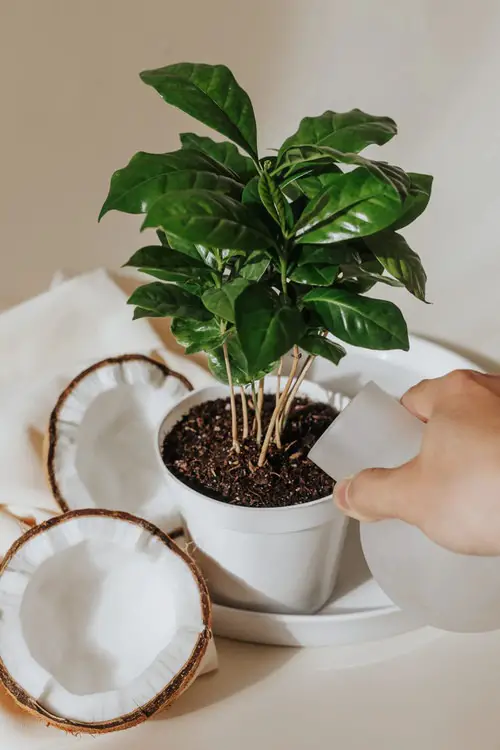
Many gardeners swear by the potential of coconut water to help strengthen roots. Some people call it coconut milk, while others call it coconut water, which is rich in minerals.
You can also dip your cuttings (end part) in coconut water to enhance root development and seed germination.
15. Treat Plants with Aspirin
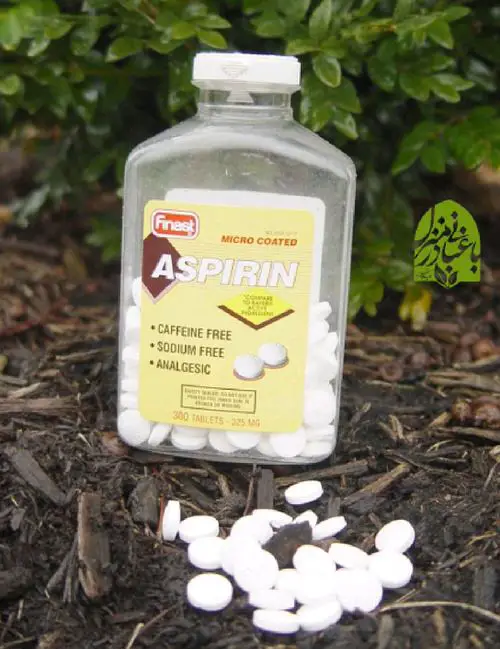
Frequently, many people toss aspirin or two into a flower vase to keep the cut flowers fresh for long. Additionally, aspirin can also keep diseases at bay.
Salicylic acid is believed to help plants get ready to fight bugs, infestations, and bacterial infections. You can treat your plants, too, by dissolving 1-2 aspirin pills in a gallon of water and pour into a spray bottle.
Spray on your plants once every 15-20 days, but avoid an overdose as it causes damage to the plants.
16. Improve Fruit Set with Epsom Salt
Whenever you notice any plants dropping fruit, reach out to Epsom salt for relief. It is so effective that you can catch the results almost immediately!
The magnesium content in the salt can be behind this old trick. Add 2-3 tablespoons of Epsom salt to a quart of water. Pour this solution into a spray bottle and shake well to allow the salt to dissolve well.
Apply this spray on the foliage once every 14-20 days from the blooming time until the fruiting time is over. Also, you can sprinkle it (1-2 tablespoons) around the plants once every 4-6 weeks.
17. Extend the Growing Season Using Tubs of Water
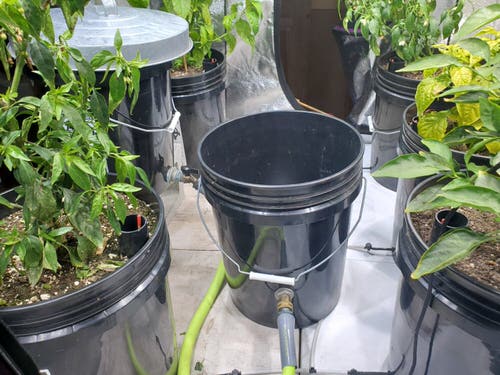
Use tubs of water to monitor the microenvironment in the garden. Solar radiation can warm up the water and the soil during the day.
While the soil quickly cools down in the evening, the heat stored up in the water takes longer. As a result, it keeps the garden slightly warmer and gives your plants enough time to grow faster before winter arrives.
Cover the water tubs with black plastic sheets to prevent water or heat loss.
18. Watering Plants Midday Can Cause Leaf Burns
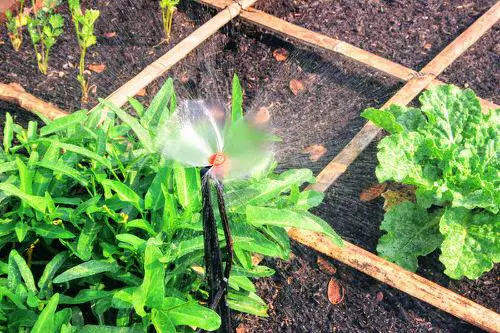
This is another gardening old wives tale for all those late-rising gardeners. It is best to always water around dusk or dawn, leading to less water evaporation before the absorption.
Watering plants under the harsh midday sun may cause the leaves to burn more quickly. It is due to the rapid evaporation of the water even before they can absorb it.
19. Use Cola as an Insect Trap
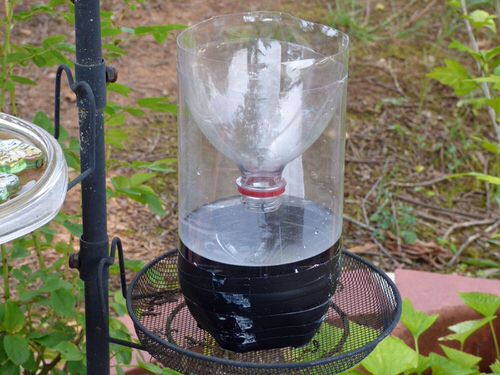
The next time you drink cola, leave some of that in the bottle to use as an insect trap later. Hang it upside down from fruit trees, usually bothered by pests and insects. The bugs will enter the bottle to drink cola but die in there.
Additionally, molasses and sugar syrups can also be used as traps. Remember, these traps can also kill pollinators, so they should be avoided during the blooming season.
20. Feed Plants with Milk
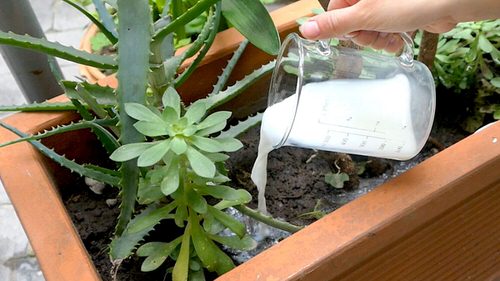
Milk is not only nutritious for humans and animals but also plants. Gardeners in India use milk to increase yield. Some gardeners inject some milk directly into the stems of the plants.
Use well-diluted milk and water mix as a foliar spray or soil fertilizer in 1: 20 for best results. Additionally, milk can act as a natural fungicide, making it even more beneficial for your plants.
21. Honey and Borax to Control Ants
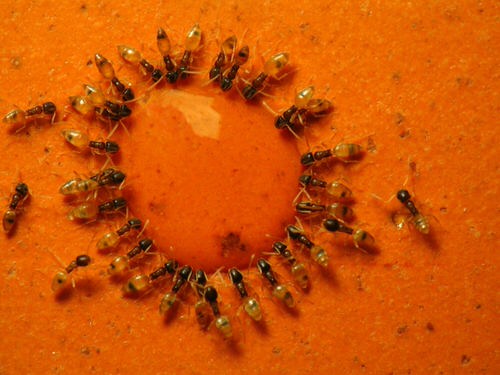
Again, a few ants here and there may not pose any serious threat to your garden, but the big tunnels and anthills can be. Too many ants can cause significant harm to your plants.
Mix borax and honey to make an organic killer paste. Apply it around the plants’ base and watch the ants drop dead. Additionally, you can also use peanut butter and sugar syrup for the same purpose.
22. Water with Chamomile Tea to Prevent Seedling Fungus
Chamomile tea has many soothing properties for humans, but it does not stop there. If you mix a little bit of it in water and then use the solution to water seedlings, it will prevent damping off fungus.
Chamomile has anti-fungal properties that can help young plants during their most vulnerable stage. Don’t use a strong mixture, though. A chamomile tea bag per 2-3 cups (500-600 ml) of water is enough.
23. Eating Carrots Improves the Vision
There’s an old wives tale that says – eating carrots improves your vision. As children, you must have thought your grandma was making this up, so you finished your veggies, but there’s actually evidence that supports it.
Carrots are rich in beta-carotene, which the body converts to vitamin A as it is essential for maintaining good vision, especially in low-light conditions.
Eating carrots might not give you superhuman vision, but it will protect your cornea and maintain healthy tear production.
24. Put Underwear in the Growing Medium
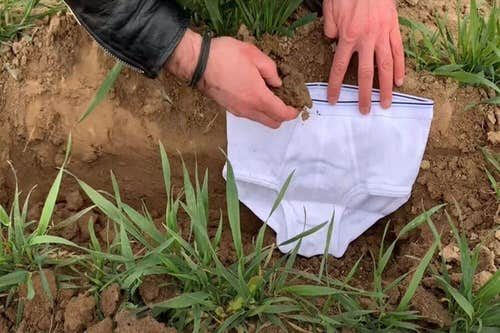
This definitely sounds like it comes from an old book that some grandma probably wrote 100 years back – but this works!
The study on this was first started by the Ontario Ministry of Agriculture, Canada, where the cotton test was performed by a soil management specialist as ‘food’ for soil organisms.
So yeah, you should definitely try burying 2 old underwear in the garden and see for yourself!


